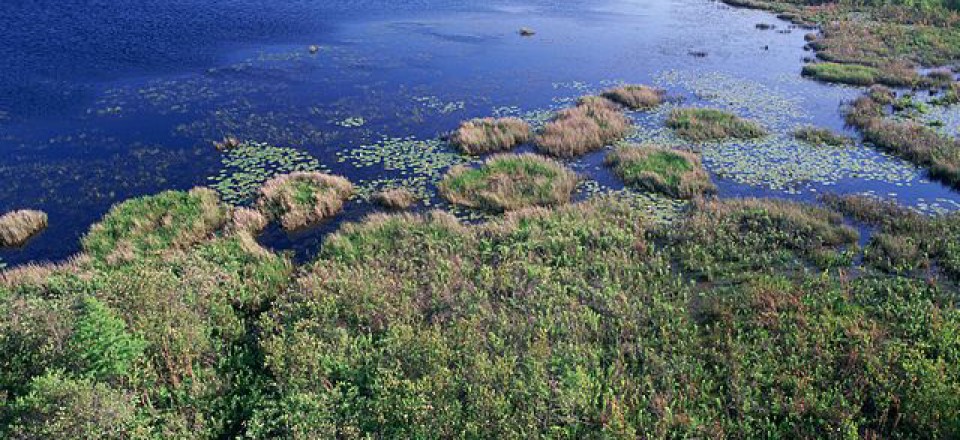“This paper focuses on understanding the collaborative process as a critical aspect of building community capacity to respond to change and uncertainty in the landscape. Can focusing on place-based relationship building enhance a community’s ability to make difficult land use decisions? Collaborative initiatives to preserve farmland and open space have emerged as a process that supports local involvement and ownership of community decisions; however, the variable success of these initiatives highlights the need to evaluate what factors influence individual support for collaboration. This study uses a case study to examine the role of sense of place, as well as other attitudinal and demographic factors, in determining support for collaborative efforts to preserve farmland. Drawing on analysis of responses to a survey of residents in Harrison County, Indiana from a period when the community faced intense growth pressures that threaten unique natural resources and farmland. The findings demonstrate that an individual’s sense of place and environmental attitudes positively influence support for key steps in the collaborative process, including the acceptance of strategies to address farmland loss.”





